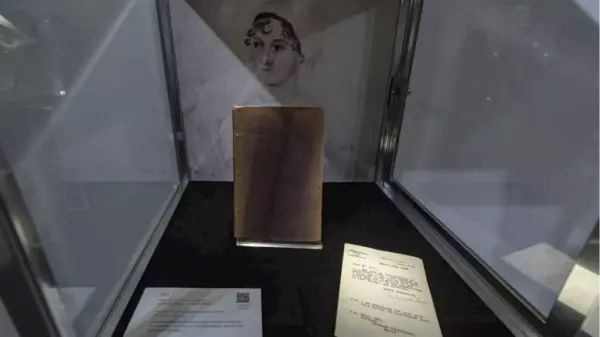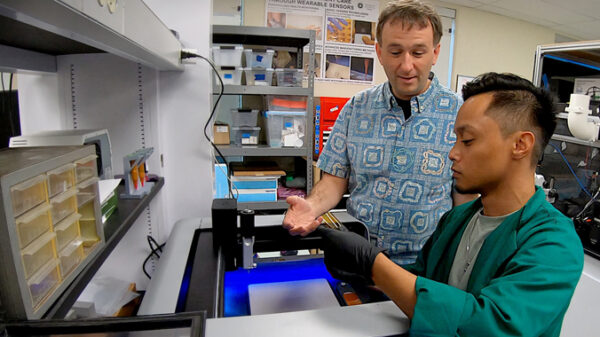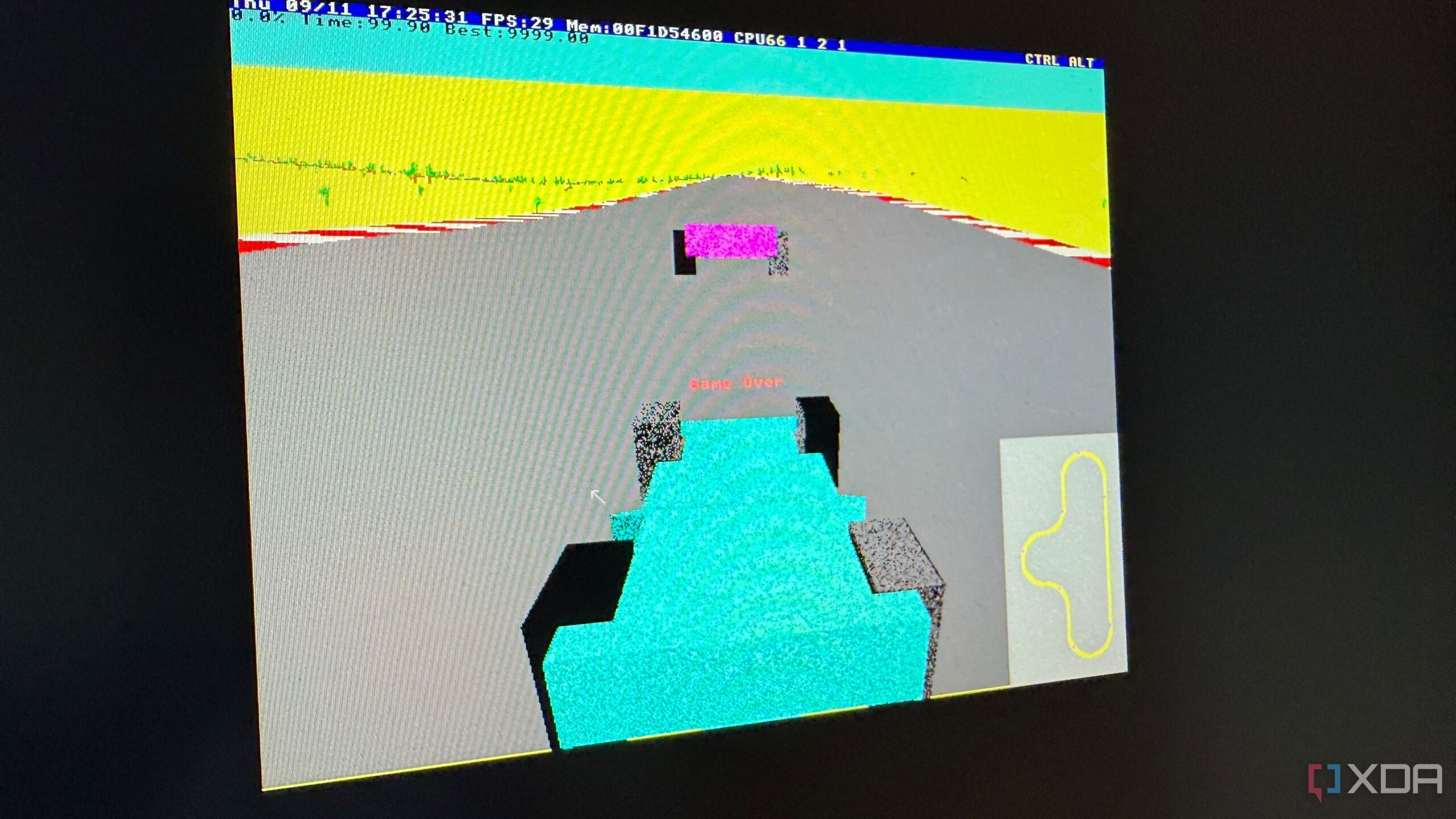BREAKING NEWS: The unique operating system TempleOS, created by the late Terry A. Davis, is gaining renewed attention as tech enthusiasts explore its unconventional features. Originally developed in 2013, TempleOS offers a blend of unique programming and personal mythology that distinguishes it from mainstream operating systems.
This 64-bit open-source OS has captured the imagination of users worldwide, especially since it combines simplicity with intricate design. TempleOS is not just an operating system; it embodies the complex narrative of its creator, who believed he was on a divine mission to construct this software.
IMMEDIATE IMPACT: Users are drawn to TempleOS for its distinct characteristics, including a non-networked, multithreaded environment fitting under 100,000 lines of code. The operating system utilizes its own programming language, HolyC, allowing users to interact with the code directly. This offers a unique playground for budding programmers eager to experiment and learn.
Davis, who faced personal struggles, including a battle with schizophrenia, dedicated his life to this project, which he viewed as a temple. Tragically, he passed away in 2018, but his legacy lives on within the vibrant communities on platforms like Discord and Reddit, where enthusiasts share insights and projects inspired by his work.
DETAILS: Experiments running TempleOS on various hardware, including the ASUS Zenbook Duo, reveal its quirky nature. While initial attempts to boot directly on hardware may not succeed, virtualization offers a viable pathway to experience this bizarre yet fascinating OS. Users are greeted with a welcoming interface that provides options to install or run as a live environment.
Upon installation, a guided tour introduces users to the operating system’s functionality, from its file system to debugging tools. The Test Suite showcases an array of demos, from 2D games to 3D experiences, emphasizing the OS’s unique capabilities. However, users should brace for the occasional crash, reflecting its experimental nature.
WHAT’S NEXT: As interest in TempleOS surges, potential users are encouraged to explore its open-source code. This accessibility allows experimentation and modification, presenting a rich opportunity for personal growth in programming.
The ongoing discussion around TempleOS not only highlights its idiosyncrasies but also serves as a tribute to Terry A. Davis’s extraordinary vision. The community’s enthusiasm for this unconventional operating system continues to inspire a new generation of developers eager to delve into the world of programming.
For those curious about exploring TempleOS, it stands as a testament to one man’s dream and creativity—an operating system unlike any other, waiting to be discovered.






































































